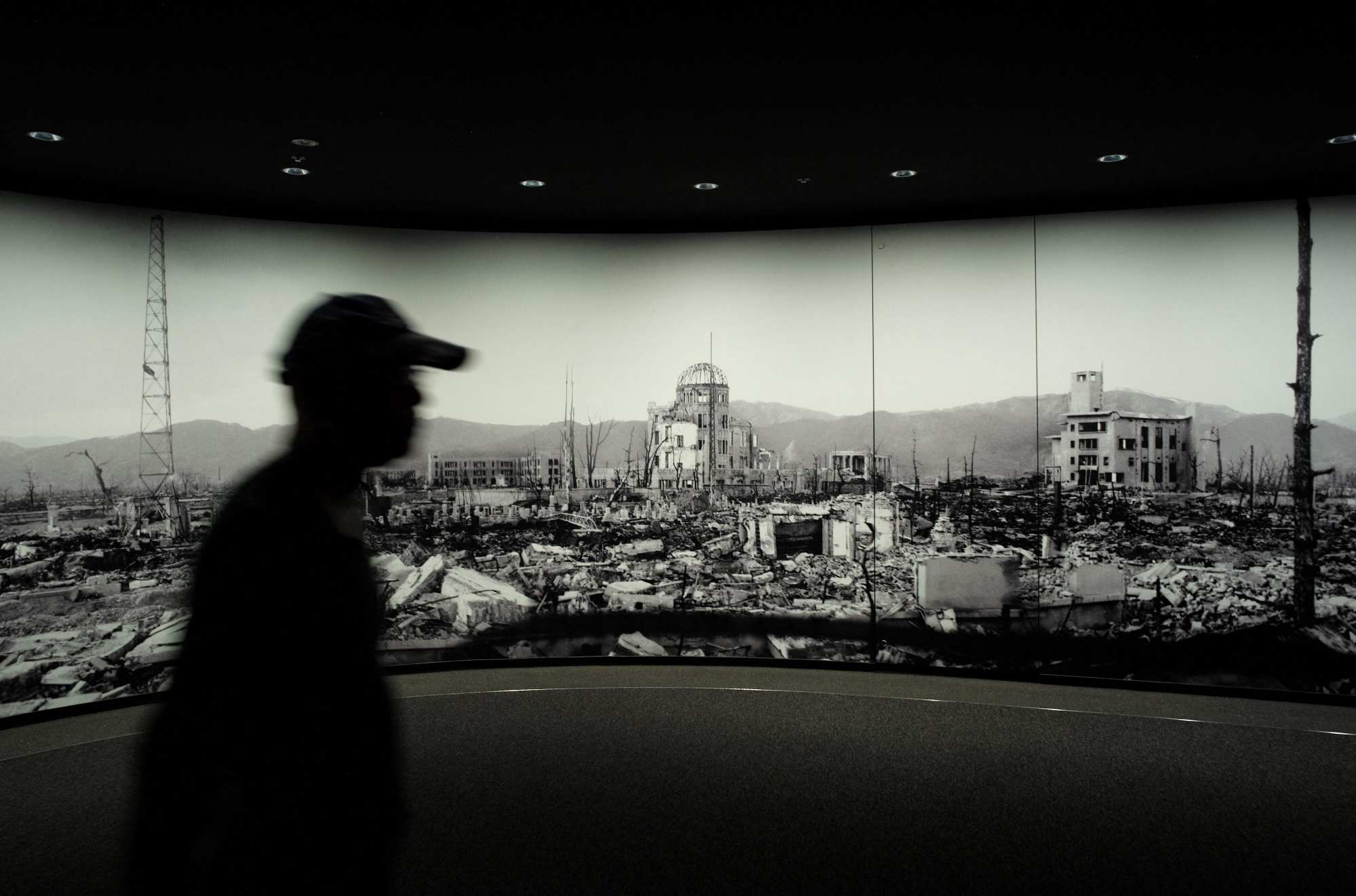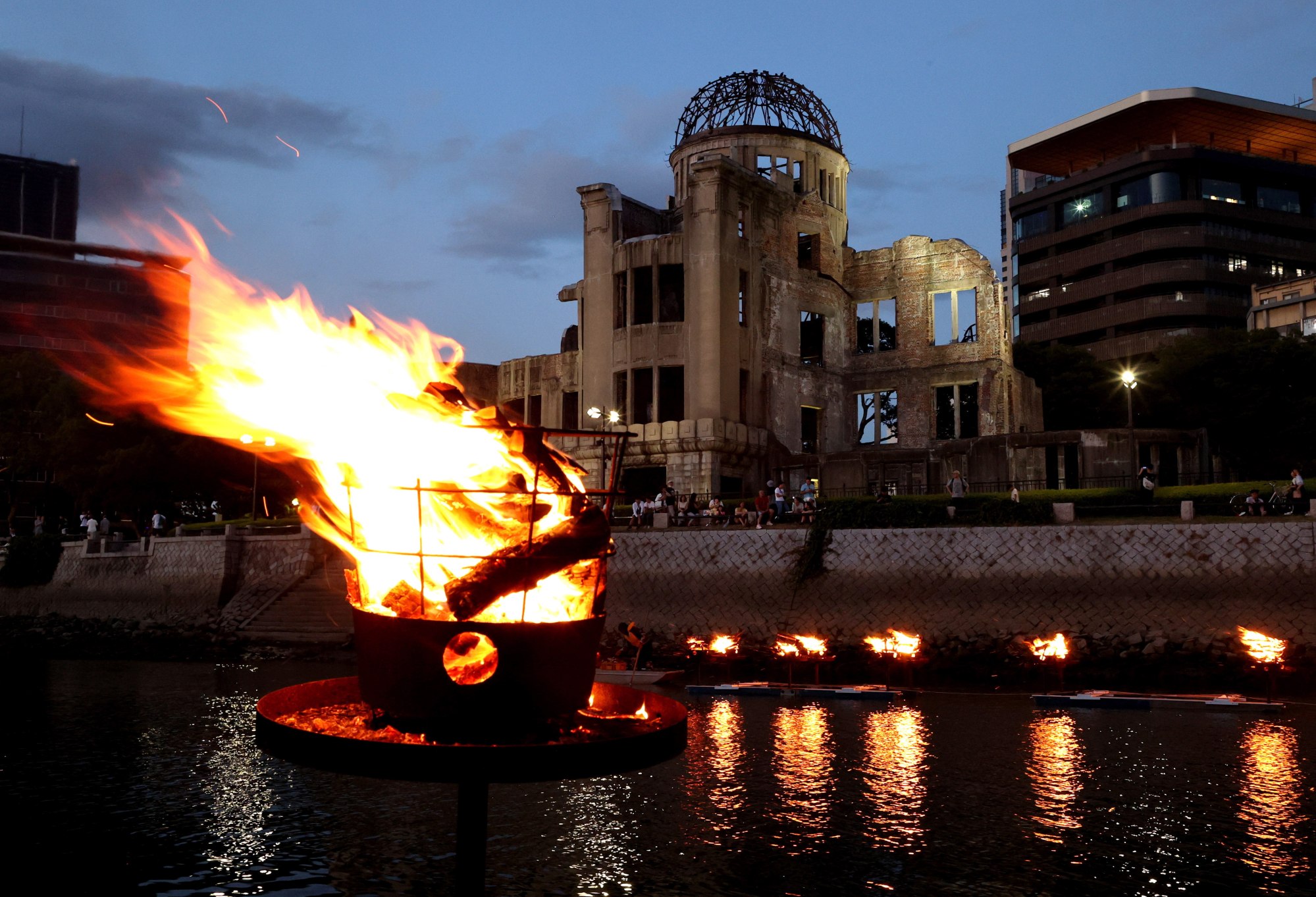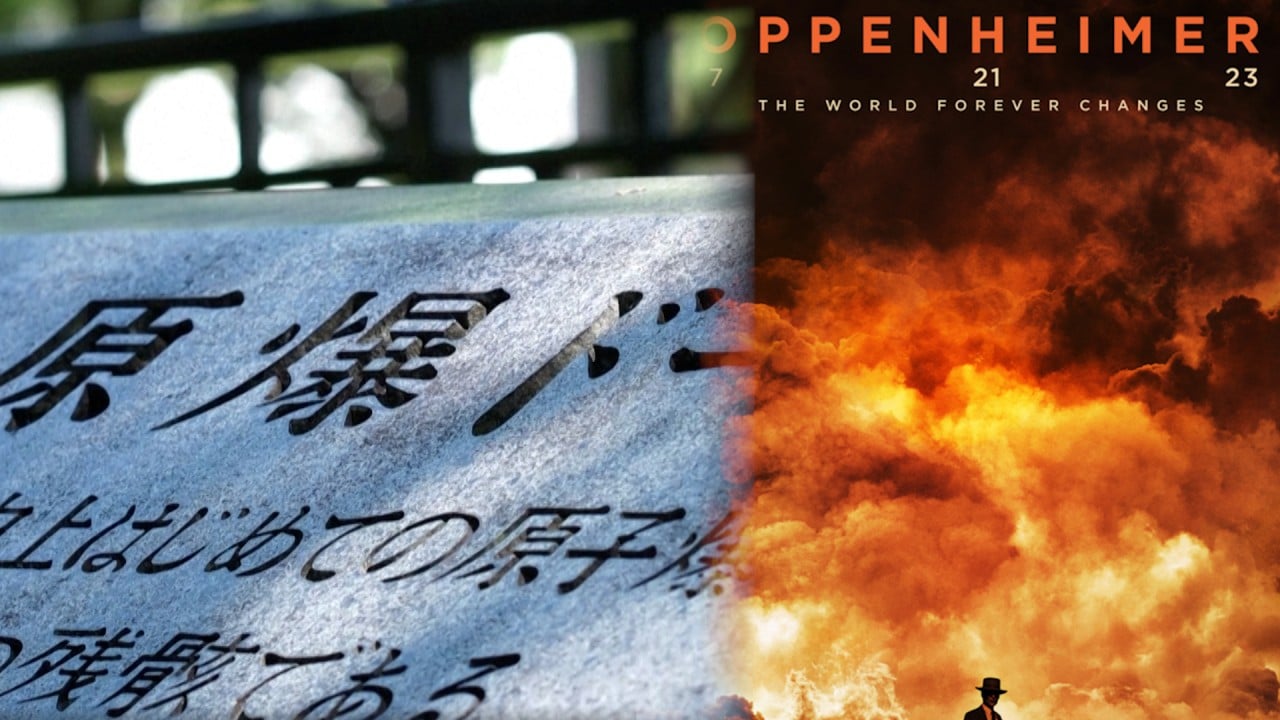But this year, the city’s mayor is withholding the invitation, in a move analysts say carries symbolic weight that reflects Nagasaki’s “moral high ground” as a site of nuclear devastation, as well as the increasingly negative views of Israel held by the Japanese public.
“Given the critical humanitarian situation in Gaza, and public opinion in the international community, there are concerns about the risk of unexpected incidents during the ceremony,” Suzuki said on Monday.
These cities have the moral high ground, if you like, because of what their residents went through in 1945
Hiroshima’s government has invited Israeli ambassador Gilad Cohen to its memorial ceremonies, but included a separate letter to the ambassador and Israeli President Isaac Herzog calling for a ceasefire.
The Japanese government has echoed other nations’ calls for restraint, respect for life and peace negotiations, but analysts say its approach has been relatively muted as it does not want to offend either Israel or the Arab world. Japanese media, however, has been largely anti-Israeli and that has influenced public opinion.
“Japan has tried to adopt a neutral position because it needs to preserve good relations with both sides,” said Toshimitsu Shigemura, a professor of politics and international relations at Tokyo’s Waseda University.
“Tokyo is under pressure from the US to express support for Israel but, at the same time, it remembers the ‘oil shock’ of the 1970s and feels it needs to preserve good relations with Arab states. That is a very difficult balance to get right.”
Most Japanese citizen has limited understanding of the Middle East’s geopolitical dynamics, Shigemura said, largely because of the geographic distance and the lack of direct impact on their daily lives.

“The Japanese media has created a very negative atmosphere towards Israel and that has obviously affected the views of ordinary Japanese,” said Yakov Zinberg, a professor of international relations at Tokyo’s Kokushikan University.
“Japanese people have a very limited understanding of the history of the region and, from what they are seeing on their televisions and reading in their newspapers, Israel has become the aggressor and Hamas are the victims,” said Zinberg, who is also executive director of the Japan-Israel Friendship Association.
Shigemura said the stances taken by the mayors of Hiroshima and Nagasaki are likely to further shape domestic public opinion on Israel’s military actions, and the Israeli government will continue to face criticism at the coming anniversary events in both cities.
“These cities have the moral high ground, if you like, because of what their residents went through in 1945. The people of Hiroshima and Nagasaki have taken strong positions against nuclear weapons and war in general, and their leaders’ words carry weight,” Shigemura said.
“Now that Israel has the image of the aggressor, those mayors’ comments are going to be picked up by the media here in Japan and abroad, and they will travel around the world in August.”
The Japanese government is addressing the situation “with a lot of caution” amid concerns about oil supplies from the Middle East, as Russian oil becomes harder to secure.

Foreign Minister Yoko Kamikawa, in a phone call to her Israeli counterpart Israel Katz on Monday last week, urged an immediate ceasefire to permit the release of hostages held by Hamas and the provision of humanitarian help.
Katz put forward Israel’s position and the two sides “concurred to continue close communication”, according to a foreign ministry press release.


